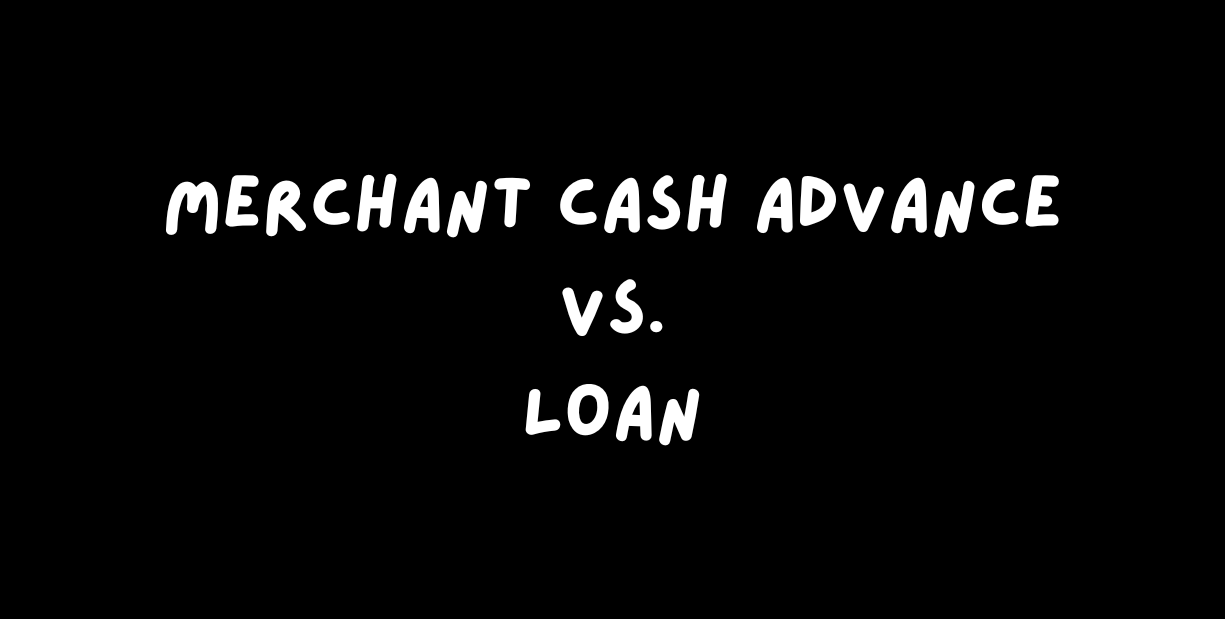Navigating Merchant Cash Advances in New York: Understanding the Legal Landscape
Understanding the Legal Landscape of Merchant Cash Advances in New York

What are Merchant Cash Advances?
Before delving into the legal aspects, it's crucial to comprehend what a Merchant Cash Advance entails. An MCA is a financial product where a business receives an upfront sum of money in exchange for a percentage of its future credit card sales, along with a predetermined fee or factor rate. While MCAs offer quick access to funds, their legal intricacies vary from state to state, making it essential for businesses to be well-informed about the specific laws governing these transactions in New York.
Legal Framework for Merchant Cash Advances in New York
Usury Laws
New York has strict usury laws regulating the maximum interest rates lenders can charge. While traditional loans have established interest rates, MCAs often involve factor rates. Understanding how factor rates align with usury laws is crucial for MCA providers and businesses availing these advances.
Licensing Requirements
New York's Department of Financial Services (DFS) oversees financial services within the state. MCA providers may need to comply with licensing requirements and regulations set by the DFS. Understanding and adhering to these requirements is essential for MCA companies in New York.
Disclosure and Transparency
The New York State Department of Financial Services emphasizes transparency in financial transactions. MCA providers must provide clear and comprehensive disclosures to businesses, including the total repayment amount, factor rate, and any additional fees. Ensuring transparency in these transactions is vital for legal compliance.
Consumer Protection Laws
While MCAs primarily involve businesses, specific consumer protection laws may still apply. Companies should be aware of any regulations that protect them from unfair practices and ensure that the terms of the MCA agreement comply with these laws.
Regulatory Compliance
MCA providers in New York must navigate a regulatory landscape that may include state and federal regulations. Staying compliant with these regulations is essential for the MCA provider and the businesses seeking financial assistance.
Best Merchant Cash Advance Practices for Businesses
Legal Review of MCA Agreements
Before entering into an MCA agreement, businesses in New York should seek legal counsel to review the terms and conditions. Understanding the legal implications and ensuring compliance with state laws is critical to avoiding legal challenges.
Due Diligence
Businesses should conduct thorough due diligence when selecting an MCA provider. Selecting an MCA provider includes reviewing its reputation, understanding its terms, and verifying its compliance with New York's regulatory requirements.
Transparency and Documentation
Maintain clear and transparent communication with the MCA provider. Ensure that all terms, including the factor rate, repayment structure, and fees, are well-documented. Having a comprehensive understanding of the agreement is critical to avoiding disputes.
In navigating the Merchant Cash Advance legal landscape in New York, businesses must be cognizant of the legal framework that governs these financial transactions. From usury laws to licensing requirements and consumer protection regulations, understanding and complying with these legal aspects are essential for MCA providers and businesses seeking capital.
Legal guidance and staying up-to-date with the ever-changing legal landscape is crucial for businesses involved in or considering Merchant Cash Advances in New York. Collaborating with legal professionals is essential to ensure that MCA transactions are conducted ethically, transparently, and by New York State laws.











